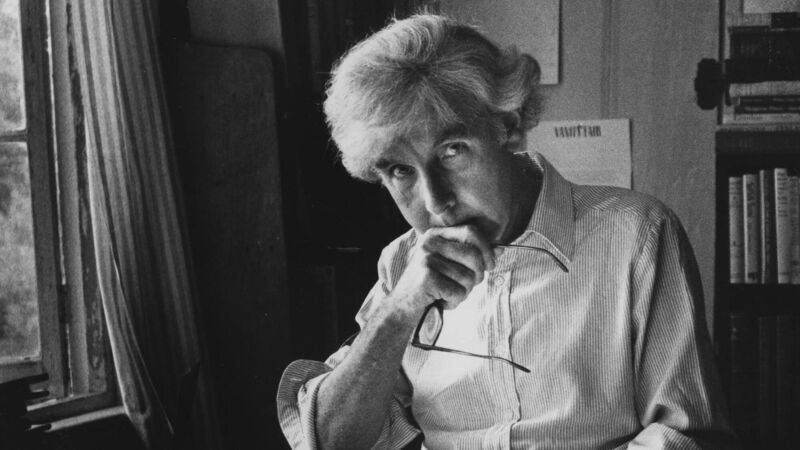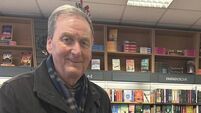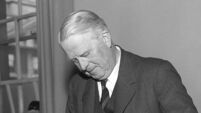Book review: Centenarian Blythe lived a colourful life with rural values at its heart

Ronald Blythe in his study, July 1983. He protested that he was no sociologist. Picture: Jeremy Grayson/Getty
- Blythe Spirit: The Remarkable Life of Ronald Blythe
- Ian Collins
- John Murray, €30
BOOKS & MORE
Check out our Books Hub where you will find the latest news, reviews, features, opinions and analysis on all things books from the Irish Examiner's team of specialist writers, columnists and contributors.







